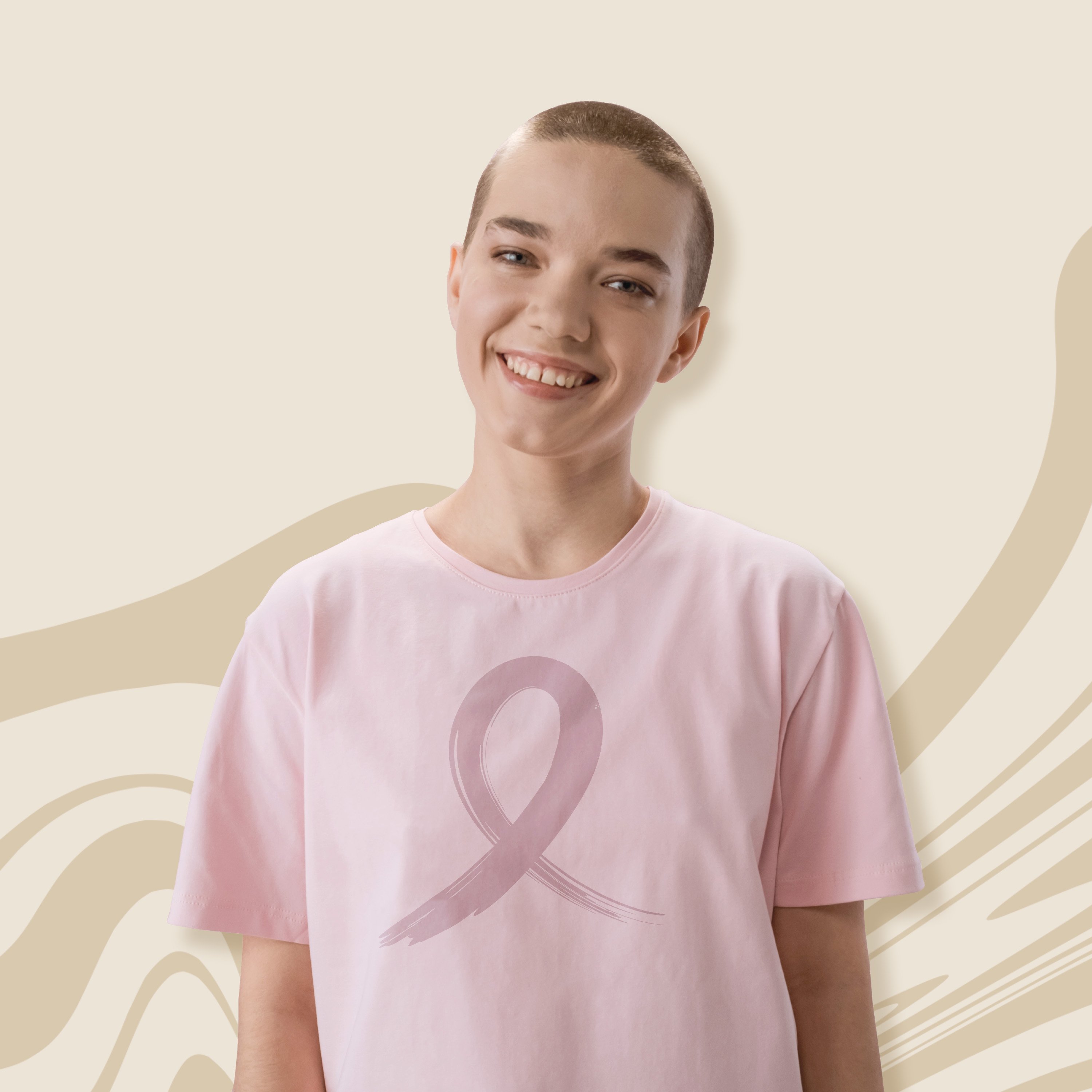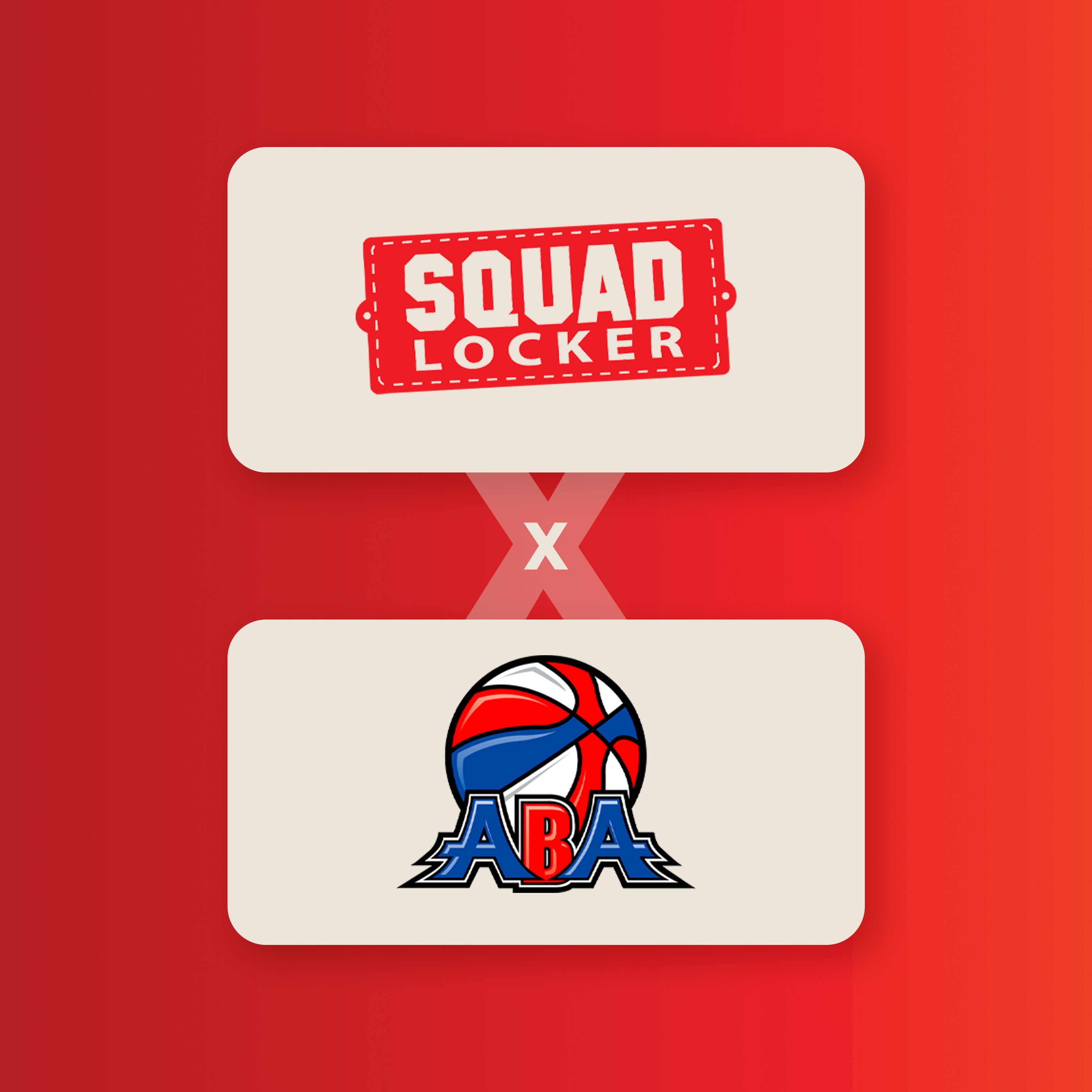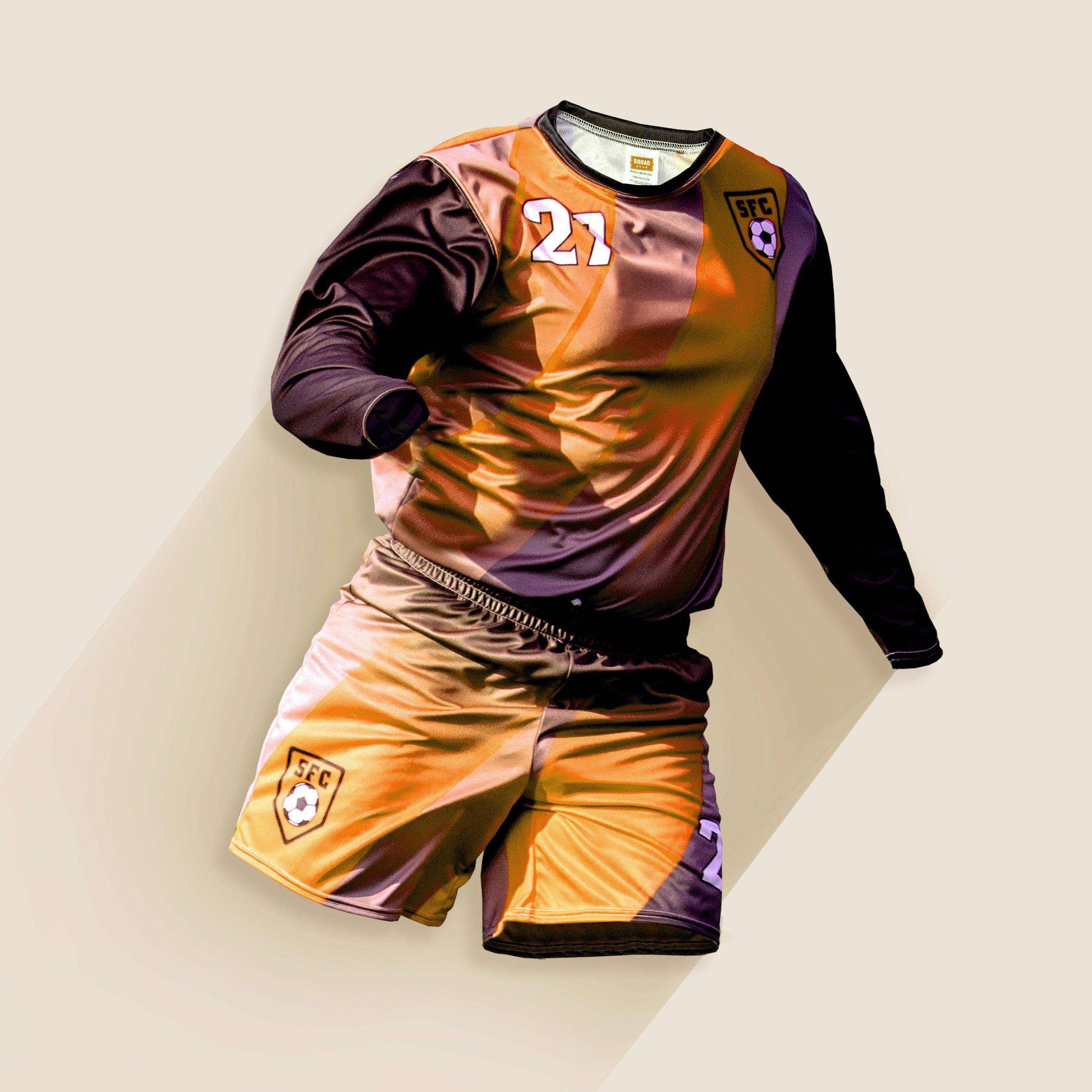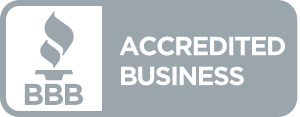We aren't just playing games. Youth sports is also about social impact, character development, and growth into adult life.
None of this happens automatically when we hand a kid a ball. Instead, it all develops over time as we invest our knowledge and ourselves into our athletes. How can we more effectively develop social integration in youth sports? Alison Haehnel, former conference pitcher of the year turned Senior Vice President of Social Integration at Steel Sports, employs a 3-track approach. In this episode of the On the Whistle podcast, I talked with Alison about how Steel Sports is helping their athletes develop character. We discussed:
The 3 elements of social integration — the athlete, the community, and the ecosystem What led Alison to get involved in social integration work The next steps to developing a social integration program in youth sports settings
Listen now
Full Transcript
Gary Goldberg:
Hey guys, Gary here. Before we get to the show today, I wanted to highlight our sponsor SportsEngine. SportsEngine's dedicated to making the life of a youth sports volunteer easier. Through their applications, people are able to save time on administrative tasks, allowing them more time to focus on developing their athletes. More than a million teams, leagues and clubs use SportsEngine every day to run their websites, promote their programs, and to collect sign-ups. They also offer an easy solution for getting uniforms delivered directly to their athletes' homes. It's called SportsEngine Gear, and you can check it out at sportsengine.com/gear to get started. Great. Now onto our show.
Announcer:
You're listening to On The Whistle, the podcast that explores the impact that coaches, teachers and mentors from youth sports organizations and schools have on young people's lives. Let's get into the show.
Gary Goldberg:
So welcome everybody to On The Whistle. I'm your host Gary Goldberg. And today I'm excited to be talking to Alison Haehnel. Alison is the senior vice president of social impact at Steel Sports. But before we get into Alison's role at Steel Sports and what it means to be the senior vice president of social impact, I just wanted to share that Alison was a pitcher at the University of Illinois at Chicago where she was voted twice the conference pitcher of the year. So it's a major kudos to you, and pitched to no-hitters. From there, Alison also was the fast pitch coach at Concordia University, and then most recently at Occidental College out in the West Coast where she then transferred her efforts and career into Steel Sports. And for those of you who don't know, Steel Sports is an offshoot of a corporation, which... It's an American industrial corporation, super successful.
Gary Goldberg:
And the founder Warren Lichtenstein saw the benefit that coaches were having while he was raising his child and decided, "What a great thing to give back to the country and establish a sports process where kids can learn to play sports, but also learn to become great human beings at the same time?" And I know for us at SquadLocker, we share the same passion. We're interested in changing the world one child and one coach at the time. And we're also interested on the whistle of exploring the relationship between player and mentor as those kids take that journey to adulthood. So, Alison, super excited to have you here today. Thanks for joining us.
Alison Haehnel:
Thanks for having me, Gary.
Gary Goldberg:
So let's start at the big level picture and we'll work our way down to the little things. So what is social impact and what does it mean to have a social impact program that you're running?
Alison Haehnel:
Well, so Steel Sports is obviously a sports organization, and we are very much a social impact organization as well. And what I mean by that is that we are looking to impact our athletes, our teams, families that are involved with Steel Sports in a number of ways. We want to impact the individual by enhancing character development, developing our athletes as leaders and cultivating an environment where our athletes can learn and grow in the world of sports in order to better prepare them to move beyond, if that means college, if that means careers, that will mean their family life. So we're using sports as a way to really develop people and to help them improve for the better.
Gary Goldberg:
So as the senior VP of social impact, so tell me some of the things, the programs that you're working on. And does it happen at like a national level or is it like at a grassroots level?
Alison Haehnel:
Sure. Well, we are trying to be at all levels. We are trying to integrate social impact. We use a three track approach. So one is the athlete. How we develop character with our athletes, how we give them tools and challenge them and teach them how to have a growth mindset and be resilient.
Gary Goldberg:
Can you give me some examples of what that looks like?
Alison Haehnel:
Sure. We have a Leaders of Character program, which is new for us this fall. And so our athletes will be working through some programming that supports them in goal setting, not just setting the goals, but also reviewing how they're doing on their way. Our coaches are facilitating conversations and some self-reflection within our Leaders of Character programs so that our athletes realize that this is a process. You can't set a goal and then jump to it the very next day. It's a process with your work ethic, your mindset, and your ability to adapt when necessary. With that Leaders of Character program, we also have some challenge coins that we are bringing out in January 2021.
Alison Haehnel:
So we have created challenge coins in six different categories. So our athletes will earn these coins by exemplifying our core values; teamwork, respect, integrity, and commitment. And also by demonstrating servant leadership. We've got a service coin for the good work that our athletes will be doing in their communities, and also a leadership coin. And that ties into our Leaders of Character programs. So our athletes have constant reminders of what they're working for, they've got ways to acknowledge what they have accomplished and what we are working on as a group. So that's just one track, our athlete track.
Alison Haehnel:
Our other two tracks, one is communities. And so how we're impacting the communities surrounding our facilities and the communities in which our athletes and their families live. So our teams right now are involved in food donation this month, next month it will be a toy donation. So at the national level, our different regions are participating in community service and trying to make a big impact in the areas that we get to play. Last is our Steel Sports ecosystem. And that ecosystem, like you mentioned before, is a way for us to grow our young athletes into high performing individuals down the road. It's creating internships for them, opportunities to see diversity and inclusion in action and it being celebrated within our organization. It's a way to help scaffold them to the next level of their careers, whatever that may be. We hope it might be within the Steel Partners family.
Gary Goldberg:
Alison, when did you personally become interested in social impact work and how did you end up in this position? And obviously you were a performance athlete, I mean, you were a good athlete and you became a good coach, but what made you decide to take this role? I mean, clearly, there's a calling for you here.
Alison Haehnel:
There is. I love what I do. And I'm still pretty new on the job here at Steel Sports, but every day has been such a joy, and all of the programs and projects I'm working on are truly labors of love for me at this point. I think as a young athlete growing up, I always had a gratitude and awareness for my privilege as a female athlete. My mom just missed the post Title IX era of sports so she wasn't able to compete in high school or organized sports. And that was a conversation within my family about how lucky I was to have inherited a culture and environment where I could play any sport that I wanted. I dabbled in gymnastics, I stunk it up on the soccer field, but softball was really my love. And I got to do that every weekend in California, every day practically my dad and I would go out and have so much fun together. So I was very aware of this privilege that I had.
Alison Haehnel:
I also got to go to college on a full scholarship, and not many people I knew were doing that. And so I got to have an education that I might not have had. It wouldn't have looked at the same had I not gotten to experience it in a division one softball program. I also went on to get my master's degree, and all of these opportunities came to me in the package that they did because of sports, because of this great network of coaches and mentors that I came into contact with. So as I left college, I realized I love the game, I love sports, I love what sports have to offer people. And my favorite part of that as a coach was actually not being on the softball field. My favorite part of that was bringing players into my office and mentoring them, helping them through a tough time, giving them ideas for how they can grow and what they could do in their lives and just empowering them as each individual needed it.
Alison Haehnel:
And so in my 15 years as a coach, we certainly had a lot of fun on the softball field, but the most gratifying for me has been to see my athletes grow. And some of them are doctors and some of them have families and some are teachers, and they're all doing such amazing, interesting things. And that to me is the unique value that sports can give to people. And so that is why I love getting to work in the social impact realm, because I feel like it is my literal job title to bring this to our thousands of athletes within Steel Sports.
Gary Goldberg:
Alison, thinking back, can you reflect on any coaches or mentors as you were growing up that had an impact on you as an individual? And if you feel comfortable you can name them by name, but specifically, can you reflect back on any pivotal moments where you were that kid in that office? And what were you managing? What were you dealing with and what was your breakthrough?
Alison Haehnel:
Ooh, sure. Well, my parents, for sure. My dad coached me and he never... After probably age eight or nine, he never had to push me out on the field. It was part of our relationship where I would say, "Dad, let's go pitch, let's go practice," and he always kept it really fun for me. And so I appreciate his ability to give me feedback and to support me, but also to keep my love and joy for the game as the centerpiece of my experience. My mom was not so much a jock, although she's a marathon runner and she could run me into the ground for sure, but she had a great knack for keeping things in perspective. One, academics. She pushed that as a priority and also celebrated my work on the field. And so those-
Gary Goldberg:
Was it, "Don't listen to your father? I want you to focus on studying." Were they competing for you for your priorities are where they united in their approach?
Alison Haehnel:
They're a bit of a yin and a yang. My mom likes to say, "What do you get when you marry a brainiac and a jock? You get two jocks." That's my brother and me. And so she loved watching me on the field and always had unique insight, but she would strategize, right? So when I started thinking about what I wanted to do for college, she bought every book, she read every book, she created our college recruitment plan. She took me on my visits, she stood over me to study for the SATs. She made sure that my academic achievement put me in a position to have choices in my next step for college. So I would say, she saw the value in sports and tried to supplement that fun sports competition with creating academic achievement and preparing me for the next level.
Gary Goldberg:
You know, I saw a quote on one of the college websites that you coached at. I do not recall exactly which one. And you said to the person you were reporting to at the time, "Please consider me every time there's an opportunity."
Alison Haehnel:
Yes. Oh, my gosh, yeah, I forgot that I said that. And I meant it, for sure.
Gary Goldberg:
I'm sure he meant it, Alison, but let's get down to the nitty gritty. Why did you say that? And what is it that got you to the comfort level of the confidence level or the self-esteem level that you felt compelled that you could say something like that? I mean, look, it's a new job, you're working your way through an organization. I currently have 150, a hundred and something employees in my organization. And so I'm looking for the employee that says, "Excuse me, please consider me for every opportunity." Because I know when the chips are down or when there's 10 hands needed and we only have sex, I can call on the Alisons to say, "Step up. I need you here. Come here." And so what got you into that mindset to actually say that?
Alison Haehnel:
Well, a few things. When I was in college, I had an athletic director named Susan Kovacs who was just a wonderful supporter of our female athletes, of my team, and of me in particular, and I really looked up to her. And when I left college and went out to figure out my career, I began coaching because, one, I felt like I was good at it. Two, I loved it. Three, I loved helping to shape lives. But I didn't think I wanted to spend my lifetime on the field. I wanted to do it in a bigger way.
Alison Haehnel:
And so when I was at Occidental, I just set a personal goal to have my hand in as many things as I could, to learn from as many people as I could. And my athletic director Jamie Hoffman gave me a lot of opportunities to do that. She encouraged me to become a Deputy Title IX Coordinator. She was open when I made that comment of, "Please let me fill in wherever I can. Let me learn as much as I can." And I think that was valuable for me to be pushed out of my comfort zone from time to time, and in doing that, to learn from other people around me. So I got to learn from a lot of non sports specific mentors at that time.
Gary Goldberg:
It's interesting. It's clear that Title IX has had such a huge impact in so many lives across America, both male and female, in a positive way. Just talk to me a little bit about your experience in the Title IX process. And also, I think you're either part of or responsible for the Women of Steel sports, which sounds like a really cool dynamic that's going on within Steel Sports giving opportunities for young girls to become great women, if I'm capturing that properly. But I'd rather you explain to me your perspective on Title IX and how Steel Sports is integrating it into the program and what it means.
Alison Haehnel:
Sure. So for me, the idea of gender equity has been a priority in my work as a coach, as an administrator, and now in the social impact world. I think giving our young women athletes access and, and visibility of having strong women coaches, women in leadership positions is a great way to elevate what the goals and aspirations for our young women may be. And so the Women of Steel is a group of coaches, administrators, staff within Steel Sports who are working together to network together, to learn from each other, to talk about common challenges and how to overcome them to ultimately elevate our women coaches within Steel Sports. And what I mean by elevate is to allow them to learn how to be a better coach, to give them platforms to speak and lead and to encourage them to become better, stronger leaders so that our young women athletes are able to see these fantastic role models and mentors who are serving as their coaches.
Gary Goldberg:
I recently had on the winningest NCAA coach of all time in hockey, both men's and women's for a period of time, and she's since been eclipse, Digit Murphy, who's a phenomenal female hockey coach. And she told me that she wants women to stop waiting to ask permission. What does that mean, Alison? What did she mean by that?
Alison Haehnel:
Well, it's funny because we just had a similar conversation in our Women of Steel meeting last week and we were talking about the challenge of having your voice heard. And it made me think of the importance of from one woman grabbing a figurative microphone and handing it to another woman and saying, "Teach us, teach us all." And I think for many women, the challenge of grabbing the microphone or speaking or saying, "It's my turn," it can be really daunting. And so I think that's the importance of having a network where you can support one another or encourage somebody to step out of their comfort zone and speak up and teach and lead. So I just think that overcoming that challenge as a group can help women overcome that challenge as individuals. And I think Digit Murphy's advice is spot on.
Gary Goldberg:
Yeah, she's a great mentor and a good friend. If some of our listeners are running small programs or big programs in different parts of the country and they want to establish a social impact program of their own because they too feel a calling that there's more to give kids than just the act of playing the game, how would you suggest someone start one? So I don't... Hey, look, I've got a great coaching program. My kids are performing at the highest level. We've got boys programs, girls programs, but I want to take it one step further. Can you give me a couple pointers? So maybe kick things off if I don't have such a program?
Alison Haehnel:
Sure, yeah. For us, our approach is to, when you want to change the world, first change yourself, and then change your family, and then change your community, and then it continues to expand. So we, with our social impact, particularly involving servant leadership, we are asking our athletes to join us and participate in one national theme of service every single month. That might mean showing up, that might mean donating something like canned food or clothing or something like that. So we've created a space where individuals can just jump in and come along with us. We're pulling them along, so to speak. The next step is to find organizations or causes that speak to our Steel Sports kids or families or coaches, what is important to you? And when we hear those voices of our Steel kids say, "Well, this cause is important to me," it's our job as staff and admin, and particularly me in the social impact office to follow their lead and to jump behind them and offer them support, whether it's helping to make flyers or helping to strategize, make calls, talk to the people within our network.
Alison Haehnel:
And then the third is to work outside of Steel Sports. How can we partner with other organizations doing great work like the LA84 Foundation or the Dodgers RBI Program or the Positive Coaching Alliance? How can we partner with them to make their impact larger? Or how can we bring the uniqueness of the Steel coaching system to train coaches outside of our system? How can we integrate what we do so well into other organizations to make sure that they're being elevated and they're making a larger impact?
Gary Goldberg:
Alison, to wrap up, I like to ask a question that I ask a lot of people on the show. In fact, I've asked every guest this question on the show. And the question goes as follows: you've played a lot of games and you've coached a lot of games and now you're overseeing a lot of programs that surround the games. And I'm curious, what have you gained more from? The wins or the losses?
Alison Haehnel:
Ooh, that's a great question.
Gary Goldberg:
That's why I ask it.
Alison Haehnel:
Yeah, I'm glad you did. Winning is more fun, right? I just want to lead with that. That's the easy part. And I think that there are valuable lessons to be gained in wins. And I think losing, if you choose to be open-minded and to be reflective and have a growth mindset, there is much to be gained from that experience as well. I guess you can't have value in one without valuing the other. And for me, the most difficult wins I think have been my most valuable. I think I've gained the most from wins that have occurred after I've been underestimated or had a five run deficit or gave up a lead-off homer and then battled my way through the rest of the game. I think those are the wins that have taught me resilience and optimism and a gritty never say die mentality and-
Gary Goldberg:
Perseverance.
Alison Haehnel:
Perseverance, thank you. Yeah. So I'd say that I gained the most from the tough wins.
Gary Goldberg:
That's a great answer. That's the first tough win answer we've had on the show so far.
Alison Haehnel:
Thank you. Okay, good. I'm glad I can at least be unique.
Gary Goldberg:
Alison, you make it sound so simple, but I know that what you do is very complex and very difficult, and it's clear that the love and passion that your parents provided you during your upbringing and some of these great mentors established a journey for you that is just beginning to benefit the people in your communities, and not just beginning, but obviously continue. It's flourishing. So I'm so grateful to have had you on today. And if people want to reach out to you and learn more about Steel Sports or learn more about the social impact portion of Steel Sports, where should they go and what should they do?
Alison Haehnel:
I would love for people to reach out. I find joy in this job every single day so I'm always looking for new ideas or how I can help make an impact with Steel Sports. So you can email me, ahaehnel@steelsports.com. And you can also find my contact information on our website.
Gary Goldberg:
And your website is steelsports.com.
Alison Haehnel:
Steelsports.com, yes.
Gary Goldberg:
Awesome. Alison, thanks so much for joining us today. And it's a pleasure to see you and to see what you're doing.
Alison Haehnel:
Thank you for having me, Gary.
Announcer:
You've been listening to On The Whistle. For more, subscribe to the show in your favorite podcast player, or visit us at onthewhistle.com.
Share this Story
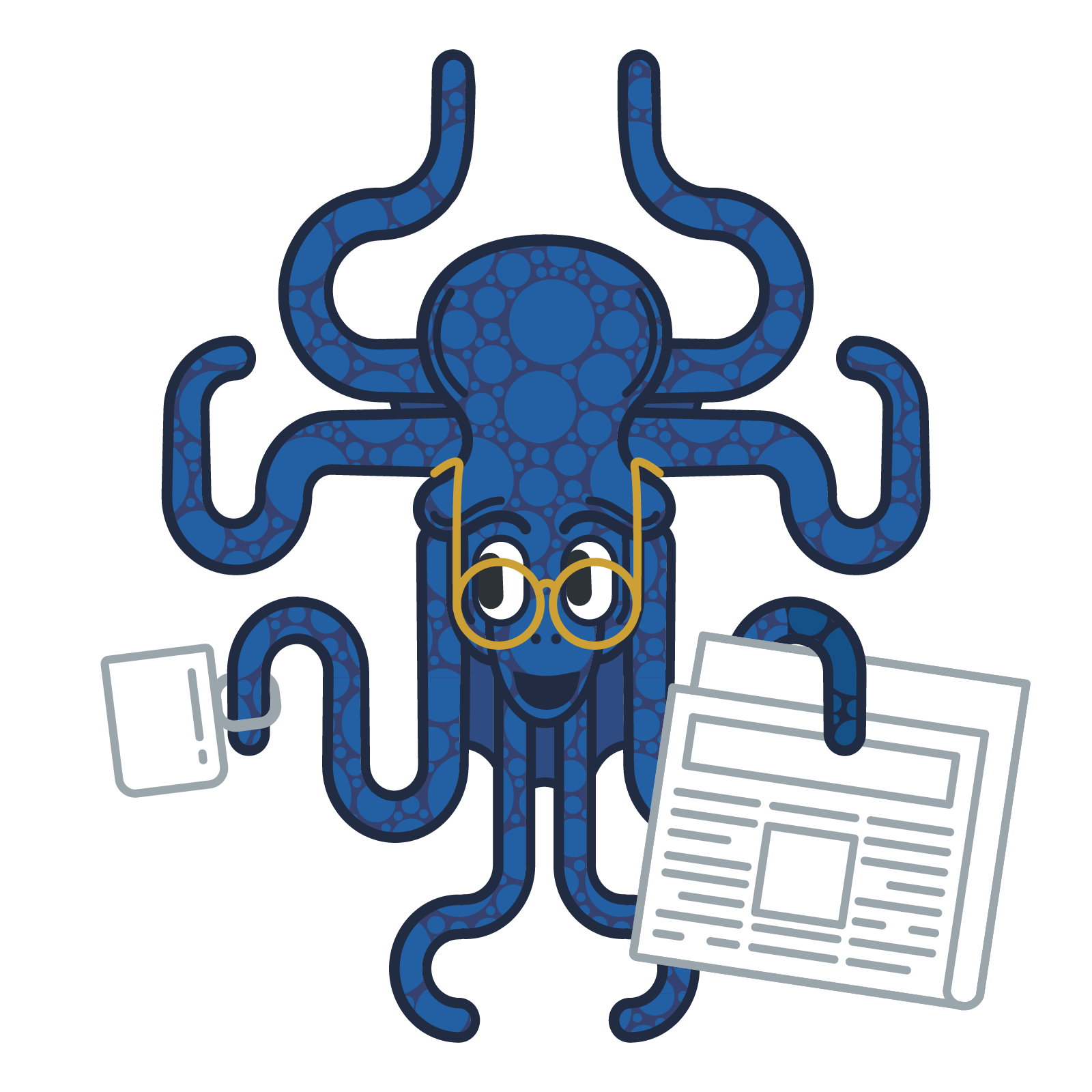
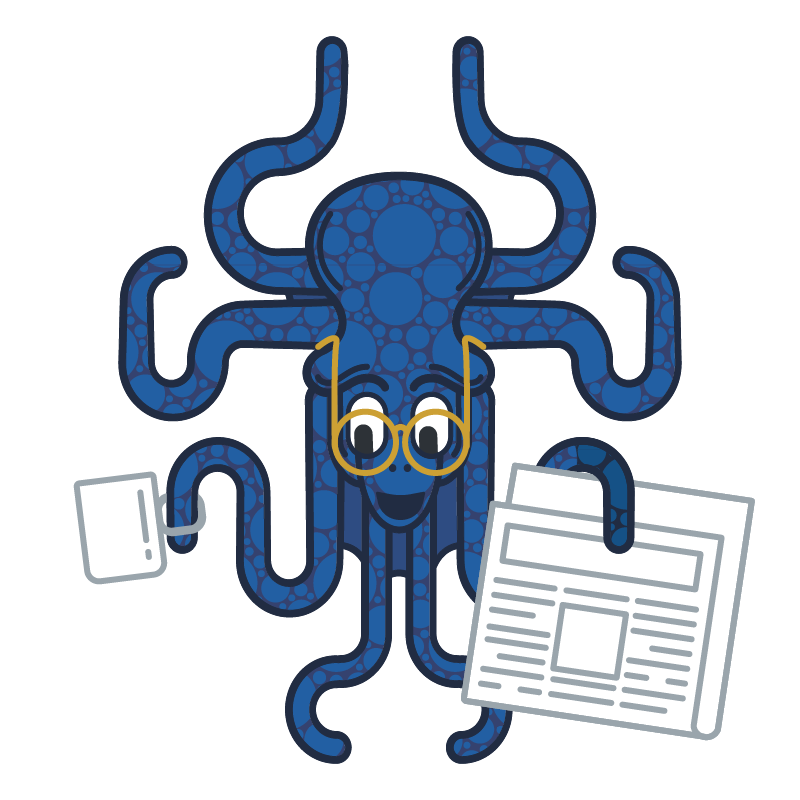
.jpg)
